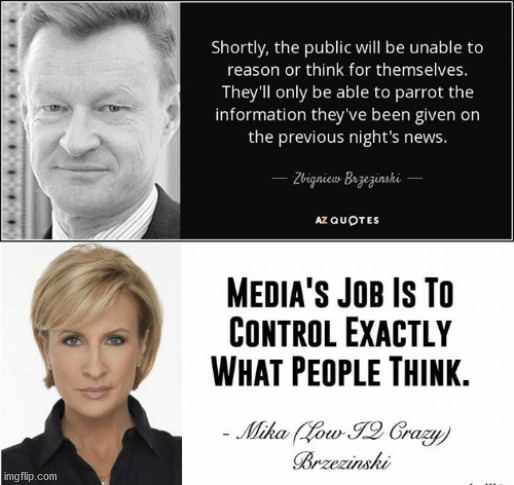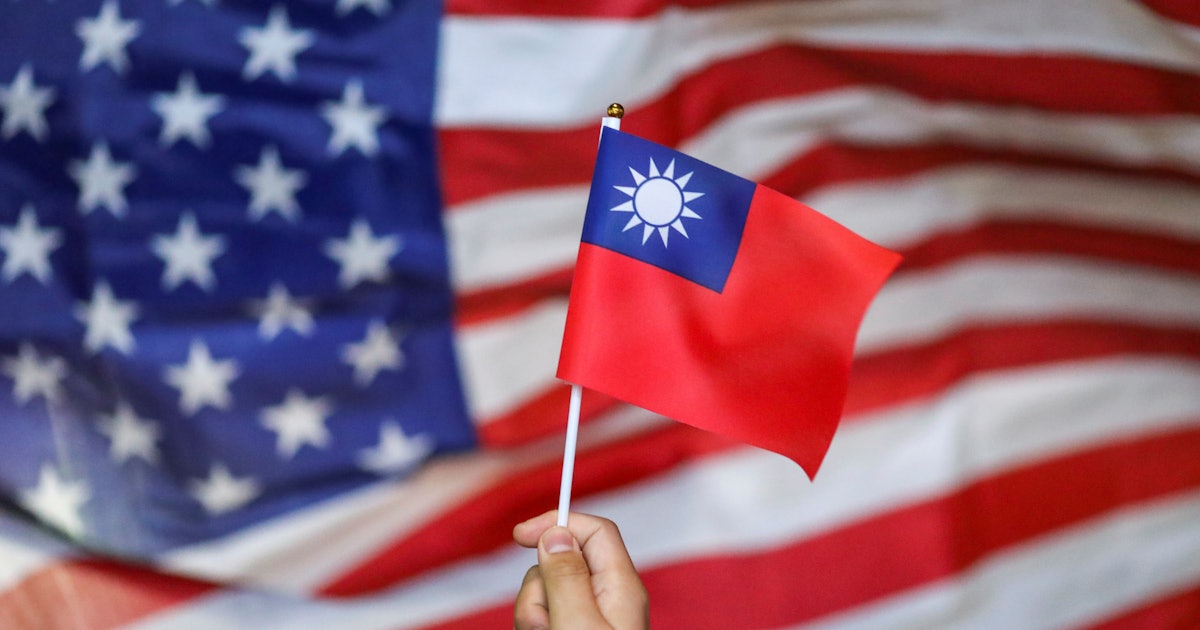- Sep 16, 2012
- 57,867
- 51,426
- 3,605
The right is for whatever Fox News and Clear Channel tell them to be for, just like the left is for whatever CNN, MSNBC, FB, and Democracy Now tell them they have to be for.And just like that, the right is all for yet another foreign war.
. . . and lord help the nation if all these sources tell the nation's people the same things.

Last edited:


